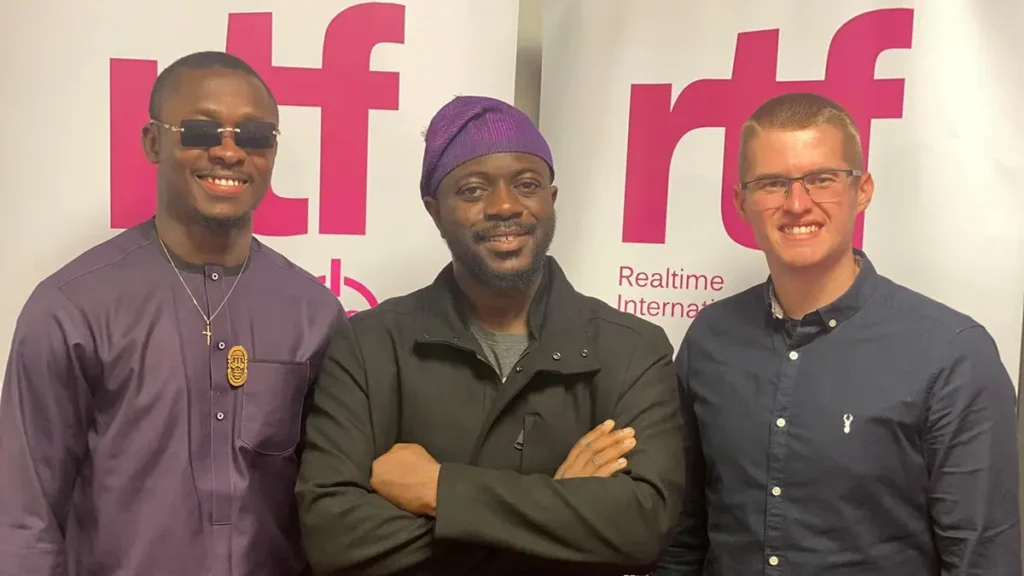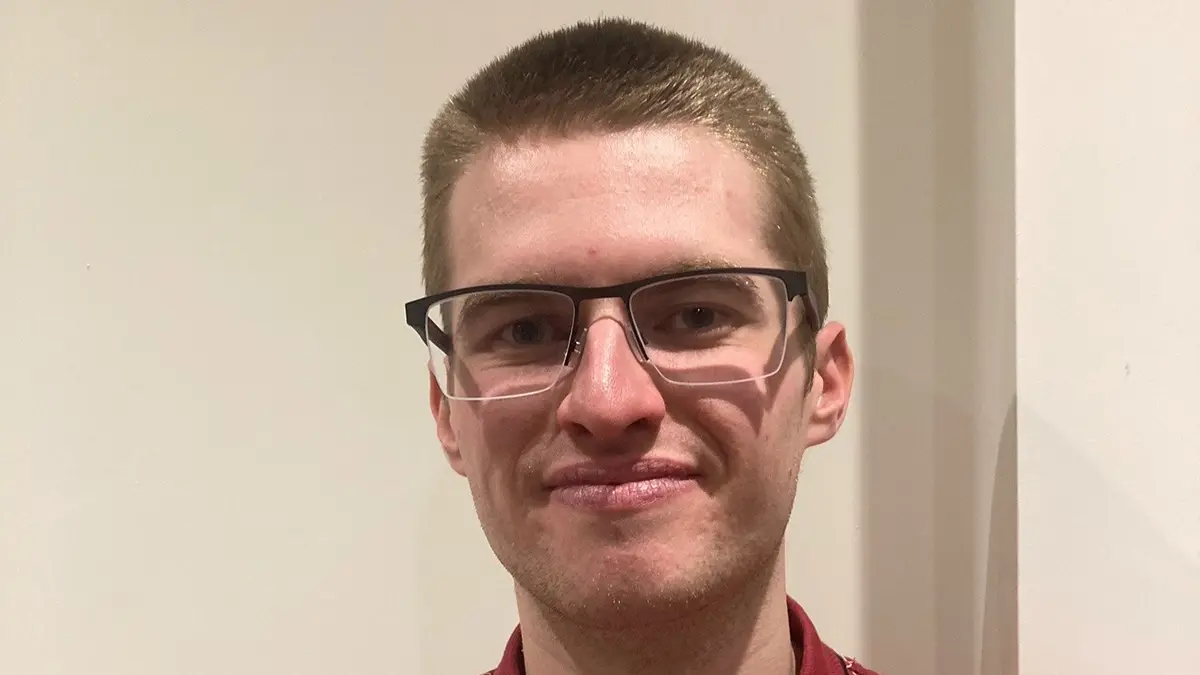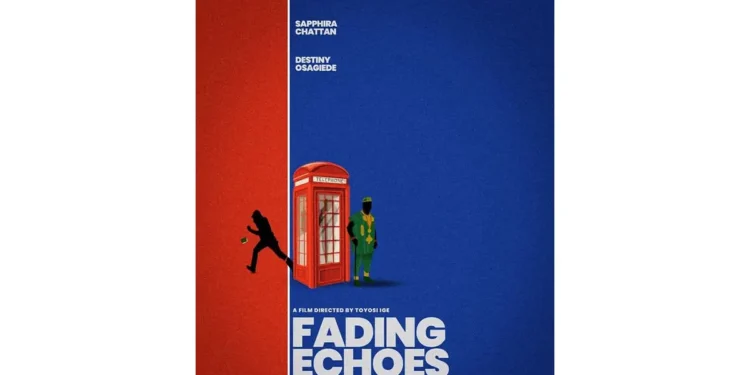Fading Echoes is a Nigerian-UK drama exploring the unlikely bond between two individuals fleeing their demons. Both leads, an African immigrant and a reclusive British woman, learn of each other’s traumas, a harsh reminder to the festival’s attendants of the atrocities faced across the world or on your doorstep.
Screening at the Realtime International Film Festival (RTF)
It was screened at the independent Realtime International Film Festival (RTF), which took over the Midlands over three days (August 23-25). Starting at Mockingbird Cinema in Birmingham, the privately funded event transitioned to Worcester and was aligned with the Worcester Festival for its last two days.
Screened at the Hive studio center, it has welcomed over 70 international filmmakers, and its selections of 124 films across multiple venues, from 9:00 am to 9:30 pm from August 23rdto 25th.
RTF’s Mission and International Collaboration
According to its webpage, the festival “aims to foster a dynamic creative economy for indie filmmakers in the Midlands and attract investors over the next few years through collaborations with international industries.”
The privately funded event “acts as a bridge linking cinema enthusiasts with the entertainment industry, focusing especially on participants from Africa, Asia, America, and the Caribbean to collaborate with UK-based filmmakers.”
One of the festival’s main targets is Nollywood, Nigeria’s thriving and prosperous independent film sector through which independent filmmakers in Africa have been able to showcase their films.
Fading Echoes: A Story of Trauma and Resilience
One of the films shown at the festival on the 25th was one that embodies these qualities.
Fading Echoes was directed by Nigerian-born filmmaker Toyosi Ige, who has approximately 45 films to his name, including this one. His latest creation was filmed mostly in the streets of Wolverhampton, Fading Echoes begins with the thrilling chase of a young African immigrant, Adebola Shittu (rising Midland star, Destiny Osagiede), running from immigration authorities. Seeking refuge, he stumbles upon a middle-aged woman scarred by an abusive childhood. A haunting conversation follows between two broken people of different backgrounds sharing their own traumas.
Exploring Themes of Trauma Through Adebola’s Story
The film refuses to pull punches in describing the traumas people have thrust upon them. Dialogue set pieces from Adebola fill the audience with chills as the fleeing immigrant recounts the murder sprees he was forced to witness. Flickers of grizzly flashbacks, actually filmed beforehand in Nigeria, help to darken the mood.
After the film was screened, a Q and A session followed. Ige called it a reflection of “the African immigrant experience in the West and a question of the ethics and morals of the immigration system”. He stated that the drama “cross-examines the real lives of African immigrants in the West and also the lives of their Western hosts.”

A Personal Connection to the Film
“It’s my second time at RTF now”, Ige said when asked about his experience at the festival. He remarked that “[RTF] is a great platform for networking and it keeps delivering”.
As said in the intro, I was not only among those who participated at the festival when it arrived at the Worcester Hive studio on its third day, but also was asked very kindly by Ige to feature in the film.
The Role of the Writer in the Film’s Ending
Both Ige and I graduated as MA Film students from Wolverhampton University last year and he asked me to play the part of an immigration officer at the very end.
Often Ige would tell me about aspects of life in Nigeria, which, when transcribed, seemed almost unbelievable on first hearing. Thus, it was a rather hefty task, not only to be a cog that makes up the machine of Fading Echoes but also, without sounding conceited, to be the instigator of the film’s ending.
I appeared in a transitory cameo as the immigration officer who hands Adebola his freedom. It was a singular scene alongside Destiny, who has credits in the 2019 feature The Lost Okoroshi and the 2021 series Blood of Enogie, in which he won an Edisa Award for playing Prince Adewale. Thus, I found myself in the company of two men with substantial working experience in the industry and as tireless representatives of their culture. However, come the day of filming and the screening of the film at Worcester, we were very much equals.
Reflecting on My Role and Its Significance
I was asked in the Q and A about the significance of my role and as a British person engaging with such a visceral topic. Daunting as it was, I felt the weight of responsibility in embodying a representative of such a raw topic, especially given the recent riots.
“I felt it was important to approach the role with a level of understanding,” I answered, as professionally as I could. I felt as though in all that time of listening to Ige talk about Nigeria had given me a certain level of understanding of aspects of living there.
Looking Forward: Ige’s Next Project
Ige is currently writing the script for his next film, this time a full feature length. With the working title being ‘Those Nigerians’, it sets to tackle conventions of Nigerians from the UK perspective. It is likely set for filming at the end of the year. Having now had the honour of participating in this thought-provoking piece, I look forward to what he will develop and produce next.
Fading Echoes was written by Mikail Bashir. It stars Destiny Osagiede, Sapphira Chattan, Brad and Chelsea Holcombe and Kimberly Angelina.











